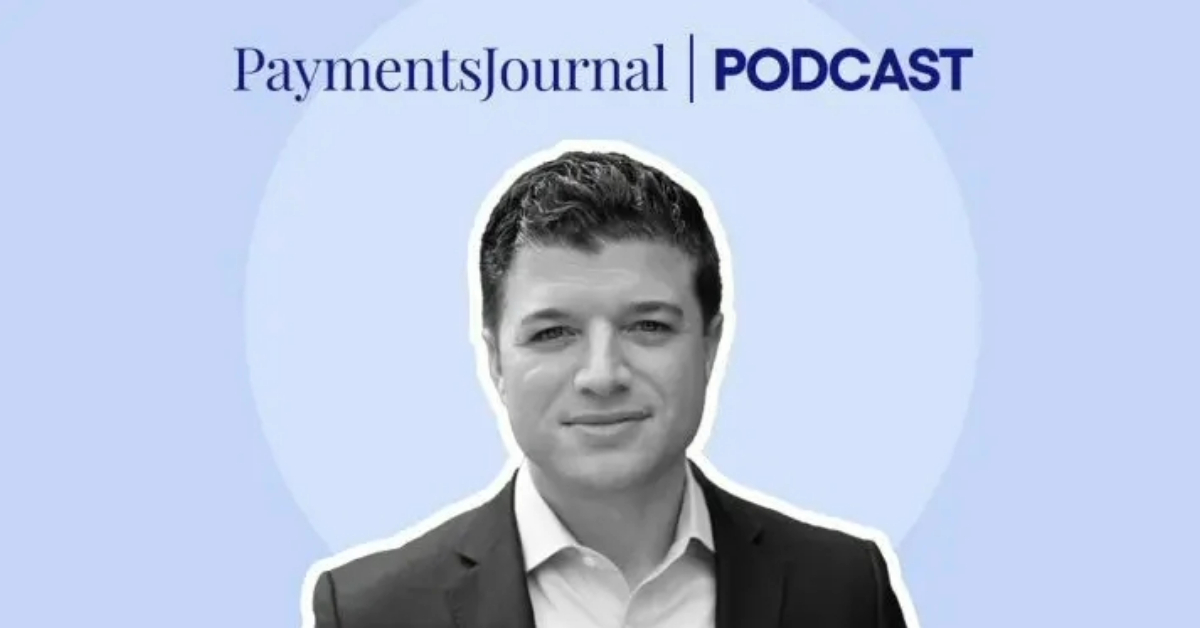
In 1970, Abbie Hoffman, the famous counter-culture leader portrayed in the recent Aaron Sorkin movie The Trial of the Chicago 7, published what would become a best-selling work.
Its title: Steal This Book.
Following Hoffman’s suggestion would obviously have been counter-productive to his income; but the book’s title reflected a common belief that scamming the Establishment was the right thing to do.
Retail fraud has always been with us, but the growth of eCommerce has only magnified its impact. Relatively minor individual acts, such as returning an expensive dress or TV after using it once, that one never intended to buy, have now morphed into much more economically destructive actions that can even include organized crime.
Explore Fraud Mitigation Solutions >
What are some types of fraud?
If you’re a businessperson, it’s important to know the various current types of retail online fraud, so that you can help identify when they’re occurring and take appropriate action to limit or stop them.
Retail eCommerce fraud
Some people, of course, commit retail eCommerce fraud as one-offs, seeing their ability to get something for free the goal in itself. They pick up tips from online forums and may do it more as a lark than a way of life.
Chargeback or friendly fraud
Chargeback or friendly fraud, named because some of the claims made by its serial perpetrators may sound legitimate, involve individuals who frequent favorite retailers, purchasing items using legitimate credit cards, and then demanding their money back. They claim the item was never received, they never ordered it so their account must have been compromised, or that they had cancelled their order before delivery.
Friendly fraudsters may challenge a charge with their credit card company, rather than going to the merchant directly. Some say they’ve returned an item when they haven’t, or send back an empty box and then argue that the item must have been misplaced by the retailer.
The impact of friendly fraud can be minimized if the merchant keeps a strong paper trail showing shipping, delivery and returns. Taking a photo of the returned box when opened can also help prove receipt. And strong, comprehensive data analytics can help weed out repeat and likely offenders.
Increasing on the severity scale, the business fraudster makes a living stealing goods. He or she may purchase high-ticket items using multiple accounts, claim they returned them, and then resell the goods on other websites, at significant profit.
Voucher fraud
Voucher fraudsters reuse discount coupons over and over to purchase goods at the initial introductory price. By creating multiple accounts with differing email addresses, these individuals can continue to order, and then resell, goods purchased at below-cost prices. Others may continually get a discounted first-time-buyer price by referring the company to themselves, using a different email address.
Supplier fraud
Supplier fraud occurs when a supplier works with a customer, or themselves, to deliver goods in order to collect delivery fees. For example, a delivery person may order low-value goods for him or herself, knowing the delivery fee they will receive will be greater than the cost of the goods. Or, a shared ride service driver may work with an individual using a stolen credit card to book a ride, receiving a larger-than-normal fee for accepting the stolen card. Another common tactic is for a restaurant to place an order from an online delivery service, receive the fee for the order, and then cancel it.
Account takeover fraud
Account takeover fraud occurs when an individual secures the legitimate account information for a credit card customer, and then uses that account to redirect goods to them. Account takeover can occur by buying stolen credit card information on the dark web, or by breaking in to accounts through automated bots that try thousands of possible logins every minute.
This type of fraud is particularly evident in the restaurant business, as fraudsters use compromised credit cards to order food. A recent study found that 71% of account takeovers were monetized by ordering food, and the average account ordered three to four times. As delivery services often text the recipient, 48% of stolen accounts had their phone numbers changed to that of the account thief1.
Account takeover fraud rates for all types of merchants are exploding. According to one study, account takeover fraud attempts almost tripled in the second quarter of 2020 compared to 2019. Not only is the direct loss of sales a danger to merchants, but 28% of consumers surveyed said they’d stop using a particular site if their credit card information was hacked2.
How to help prevent and detect common forms of fraud
As the fraud attacks become more sophisticated and the fraudsters use of technology has accelerated, tracking fraud and instituting steps to stop it has become more than a full-time job. Fraud Detect from Fiserv uses advanced machine learning, AI, in combination with link analysis to more accurately and reliably evaluate data and how the data is connected to proactively mitigate merchant eCommerce fraudulent payments and refunds.
To learn more about Fiserv’s suite of fraud management tools, contact us today.




